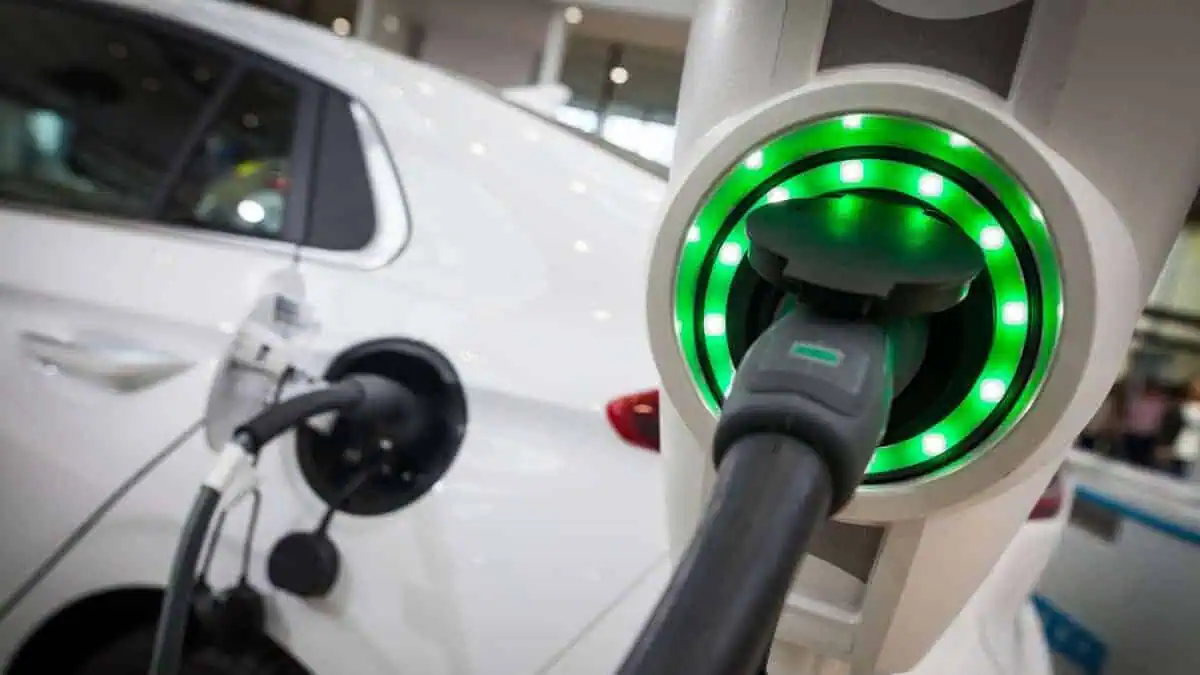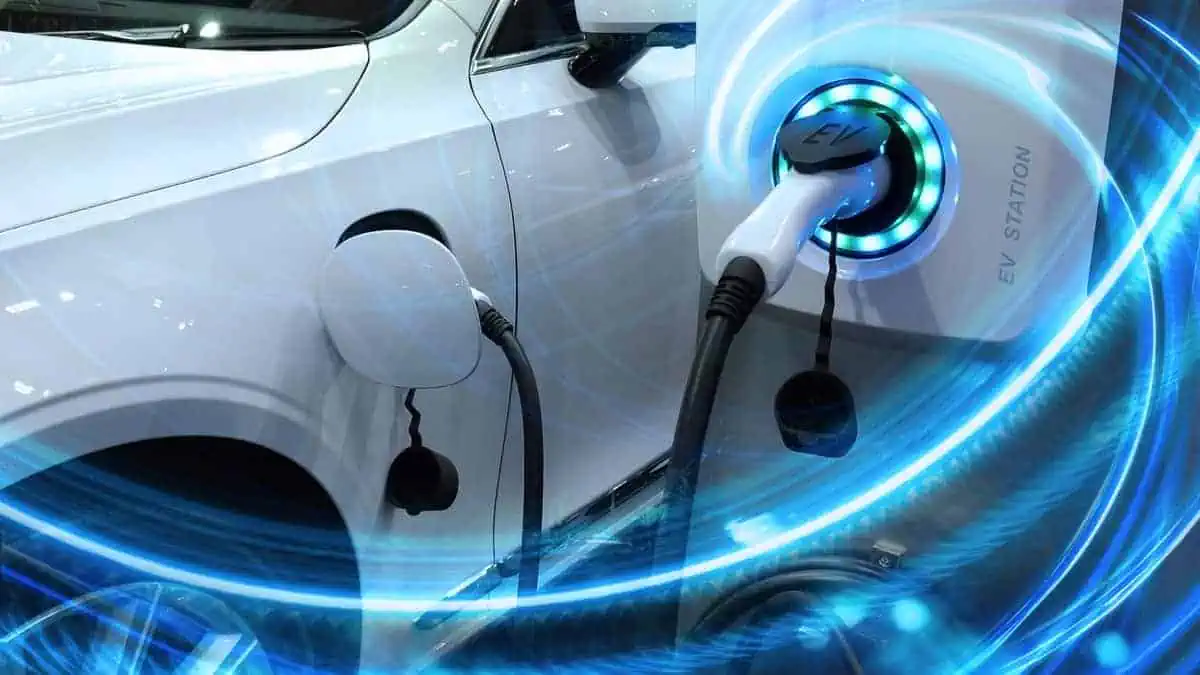The government of South Australia has reportedly dropped plans to implement a pay-per-kilometer tax for electric vehicles.
“We want more South Australians making more environmentally-friendly choices, not putting in barriers that dissuade them.”
Tom Koutsantonis, South Australian Minister for Transport and Infrastructure
About the proposed road-user tax
The government previously proposed plans to introduce a road-user tax for EVs apart from vehicle registration fees. The authorities aim to compensate for the lost fuel excise, partially contributing to road funding.
Notably, the government expected to officially implement the proposed pay-per-kilometer tax in July 2027 after five years of delay. It can even take effect earlier than planned, given that EVs hit 30% of the state’s new car sales.
Essentially, it will charge EV drivers a 2.5 cents fee for every kilometer they have driven.
Fortunately, the Parliament of South Australia recently decided to abandon the proposed tax, which may further impede the country’s EV uptake.
“The feedback we received from the community was overwhelming, the [previous government’s] decision to introduce this tax would have reduced community uptake [of electric cars].”
Tom Koutsantonis, South Australian Minister for Transport and Infrastructure
What’s ironic about this?
Along with all other states and territories, South Australia is standing by Victoria as it upholds its road-user tax against a constitutional challenge brought by two Victorian drivers. The Attorney-General of the state allegedly sent an argument to the High Court on February 16, defending Victoria’s road-user tax.
That said, the state still appears to be in favor of implementing such a tax that would significantly discourage potential EV customers from making the switch.
Meanwhile, the Federal Government is backing the petitioners. It contends that any tax collection of this nature must be administered and managed at a Commonwealth level.
For context, Victoria is now the remaining state that enforces the mentioned pay-per-kilometer tax. It requires drivers of all-electric and fuel-cell hydrogen cars to pay 2.5 cents per kilometer. Meanwhile, plug-in hybrid drivers must pay 2 cents per kilometer, regardless of the driving configuration.
Indeed, the case will ultimately determine which level of government can levy taxes and how they are allocated.






